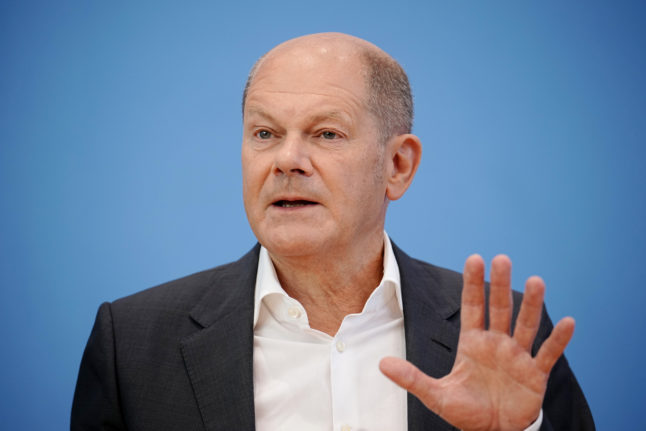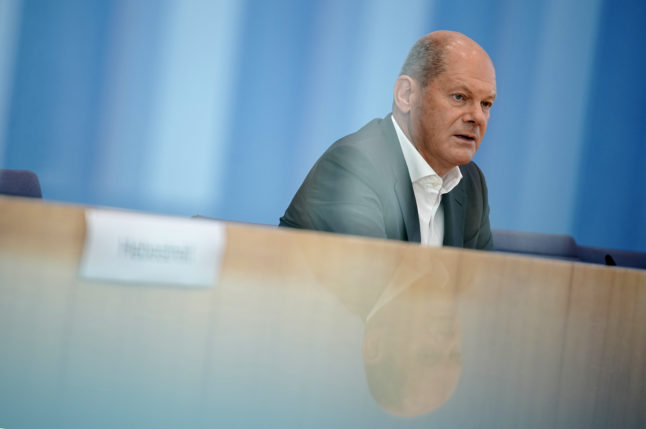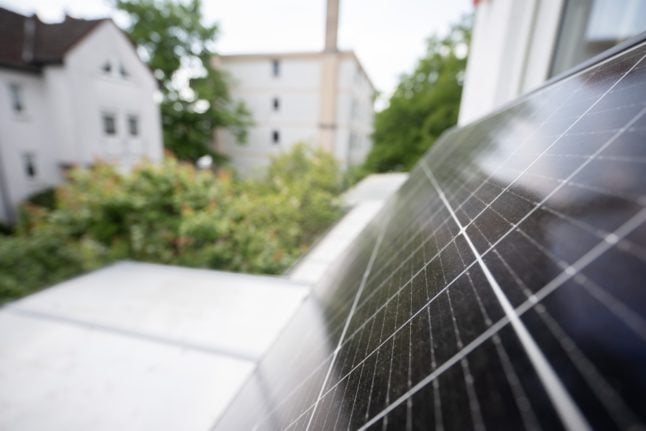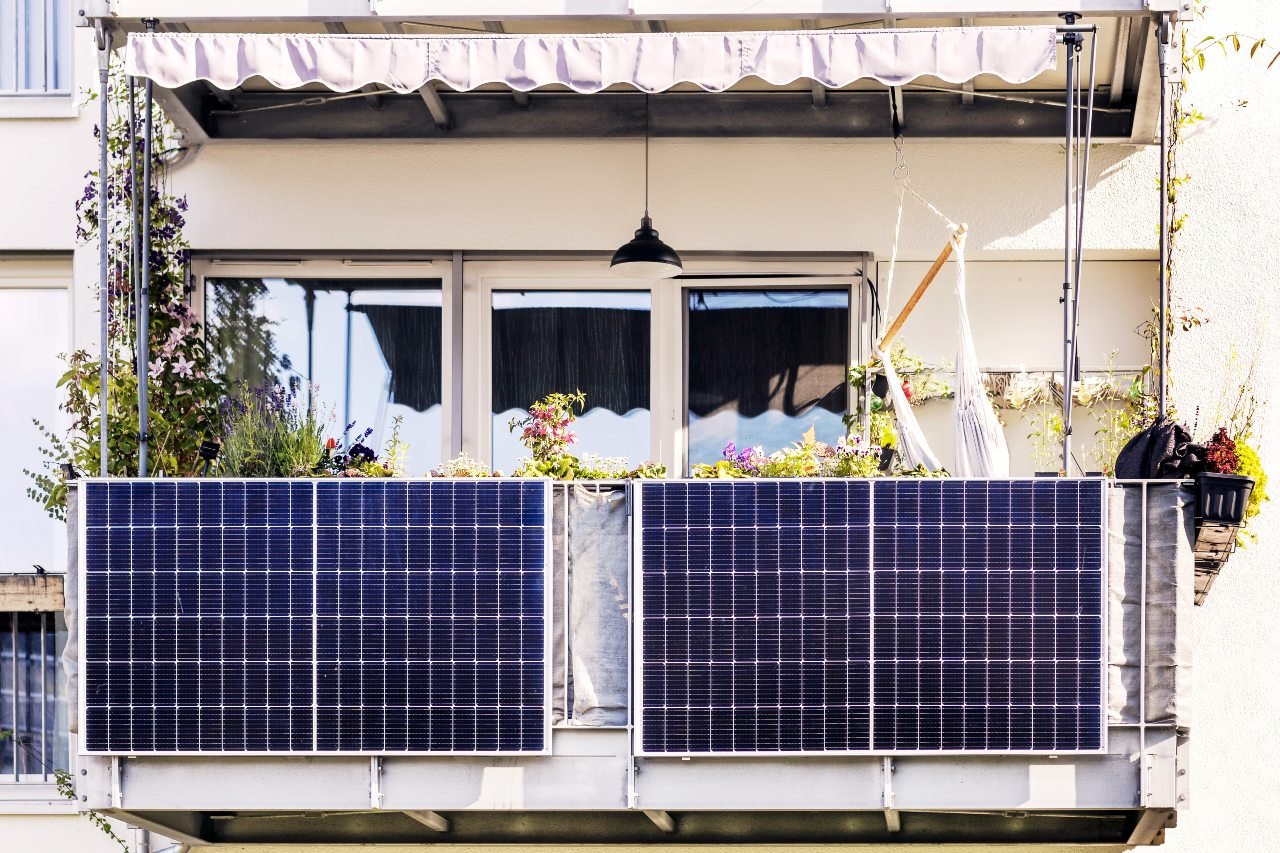With the cost of living spiralling, the government is working on a new package of energy relief measures that will include tax breaks for low- and middle-income earners, Scholz said during the summer press conference in Berlin on Thursday.
“The government is determined to do this,” he added. “We will do everything to help citizens get through these difficult times.”
Asked whether his focus was primarily on lower or higher earners, Scholz said he was focussed on the people “who have very little”, citing the six million workers on minimum wage in Germany, and middle-income households who have been squeezed in the current crisis.
The measures will target multiple sections of the population “so that no one is left alone, no one is faced with unsolvable problems and no one has to shoulder the challenges associated with the increased prices alone,” Scholz said.
The news comes after Finance Minister Christian Lindner (FDP) unveiled a series of tax relief proposals designed to help households cope with the high cost of the living.
Lindner’s plans include measures to ensure that people who get an inflation-linked pay rise don’t see their wage increase eaten up by higher tax – a phenomenon known as “cold progression”. He has also proposed a hike in child benefit and the tax-free allowance for lower earners.
READ ALSO: Who benefits most under Germany’s tax relief plans?
But the plans have been criticised for disproportionately benefiting higher earners: according to experts, people earning €60,000 per annum will gain €471 a year under the new plans, while those on €20,000 a year will get just €115.
Batting away criticism, Scholz described the Finance Minister’s tax relief plans as a “good proposal”, adding: “I find that very, very helpful, because we have to put together an overall package that includes all population groups.”
Additional measures are yet to be announced but will likely include adjusting housing benefit in line with the current energy prices.
The Chancellor also revealed that discussions about imposing an oil price cap to limit Russia’s revenues and relieve consumers were still ongoing.
“We’re discussing the possibility of an oil price cap,” he said. “Due to the high technical complexity, it takes a lot of time, but it’s something we’re working on intensively.”
Limiting the price of oil products is “not something you can do unilaterally”, Scholz said. “It has to be done in close cooperation with partners.”
‘Big failures’
Throughout the press conference, Scholz fielded questions on Germany’s prior energy policy, which saw the country develop an ever greater dependence on Russian gas.
In February, when Russia launched its full-scale invasion of Ukraine, Germany was still importing 55 percent of its gas from Moscow – though this has since been slashed to around 35 percent.
“For me it’s very clear that we should have reached the decision earlier than we did to change our energy policies and diversify,” Scholz said. “If we’d done that sooner, we’d only have the problem of high prices but we wouldn’t have the problem of energy security.”
The SPD politician, who was Finance Minister under Angela Merkel in the former conservative-led coalition, said there had been “big failures” in energy policy in the past. He said there had been joint decisions in the past on phasing out coal-fired power generation and nuclear energy, but no decisions that had sped up the pace of modernisation in Germany.
READ ALSO: Energy crisis to labour shortage: Five challenges facing Germany right now

This now needs to be corrected, he said.
However, he defended the EU’s decision to avoid sanctions on Kremlin-linked energy giants, citing the heavy dependence on Russian gas in eastern European countries, as well as in Germany.
Germany is in the process of trying to replenish its gas reserves for the cooler months amid fears that Russia will cut off the energy supply in retaliation for Europe’s support of Ukraine.
The scarcity of gas, which is currently flowing through the Nord Stream 1 pipeline from Russia at just 20 percent of its full capacity, has led to soaring prices on the energy market.
Asked whether he thought there could be riots due to rising energy prices, Scholz replied: “No, I don’t think there will be unrest in this country in the form outlined. And that is because Germany is a welfare state.”




 Please whitelist us to continue reading.
Please whitelist us to continue reading.
If this government ever took control of a desert, i swear there would be a shortage of sand.